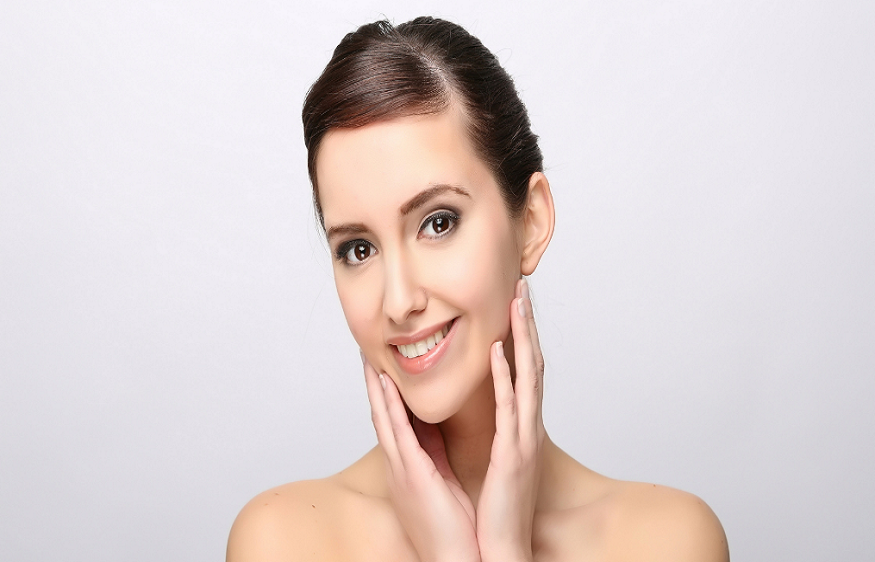Botox in Singapore is among the oldest and most prevalent cosmetic therapy. It is a short, straightforward treatment with minimum recovery time and a low risk of adverse effects. However, a few minor lifestyle adjustments are necessary to guarantee a safe recovery following Botox injections.
Botox aftercare is minimal, and most patients may resume their normal activities within two days. One of the most critical stages in preventing problems and achieving the best possible outcome is attentively adhering to your practitioner’s post-operative instructions. Following is a basic overview of Botox aftercare.
Immediately after Treatment
As long as your daily routine does not entail excessive physical activity or prolonged sun exposure, there is no need to miss school or work after receiving Botox injections. You can still securely engage in the great majority of daily activities.
After injections, avoid touching or massaging your face for four to five hours. Additionally, you should remain upright and avoid face-down positions. As far as possible, avoid direct sunlight following your consultation.
Botox is often not uncomfortable enough to necessitate medication. Some people experience little pain; thus, it is advisable to enquire at your visit about which drugs are safe for you. Certain over-the-counter medications, such as anti-inflammatory and blood-thinning treatments like Aspirin, may raise your chance of experiencing adverse effects. Your healthcare provider may send you home with a topical anaesthetic cream instead of oral medicine.
The Days After Treatment
Avoid intense physical activity for the first twenty-four hours following therapy, and daily tasks such as walking, cooking, and cleaning should be risk-free. The first night following Botox injections, avoid sleeping on the treated region. This may necessitate sleeping on your back.
Continue to avoid direct sunlight for twenty-four hours after treatment. In rare instances, your physician may recommend avoiding the sun for up to 48 hours. Other forms of heat exposure should also be avoided for 24 to 48 hours, including hot showers, tanning beds, hot tubs, and saunas.
As a precaution, it is advised that you abstain from consuming alcohol for 24 hours following Botox injections, although alcohol intake after Botox is often safe. Because alcohol is a blood thinner, it may increase bruising. Some Botox patients may feel dizziness or sleepiness, which can be exacerbated by alcohol intake.
For twenty-four hours following treatment, refrain from putting on makeup and other facial products. This might irritate the skin and hinder the healing process.
Sometimes, your practitioner may recommend that you perform some gentle face exercises the day following treatment. Regular facial expressions, such as smiling and frowning, should promote Botox’s effectiveness.
Monitoring For Complications
Botox is often a low-risk therapy; most patients do not suffer from severe adverse effects. However, you should be on the lookout for difficulties in the first few days following treatment so that you know when to seek medical attention.
Some side effects are pretty frequent and ought to resolve on their own. Expect swelling and soreness at the injection site for several days. This does not require medical treatment, but a cool compress can typically alleviate the pain.
Botox injections can leave the treated region feeling rigid. This is quite normal and will subside with time.
Seek immediate medical attention if you have muscular weakness, difficulty swallowing, difficulty breathing, or visual abnormalities. This may indicate a more significant issue.
The most effective strategy to avoid difficulties is strictly adhering to all instructions and collaborating with a qualified practitioner. If later issues, such as eyelid drooping, emerge, your practitioner can address them. Fortunately, this event is uncommon and self-limiting.

